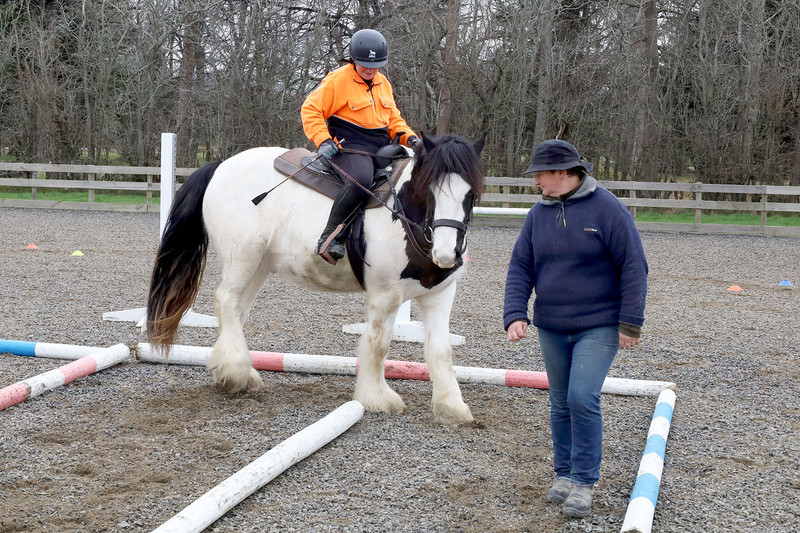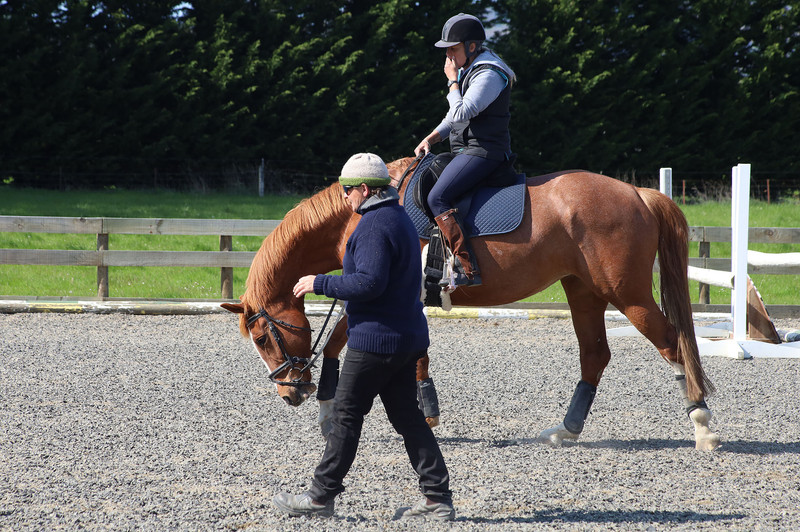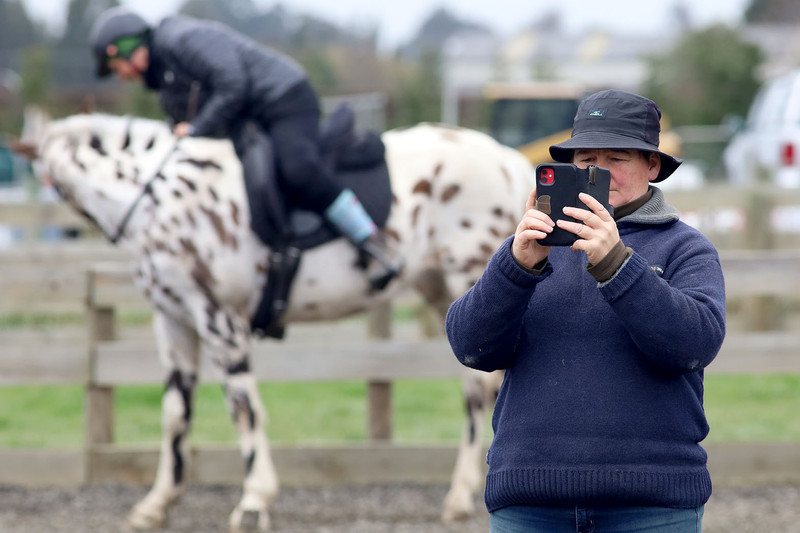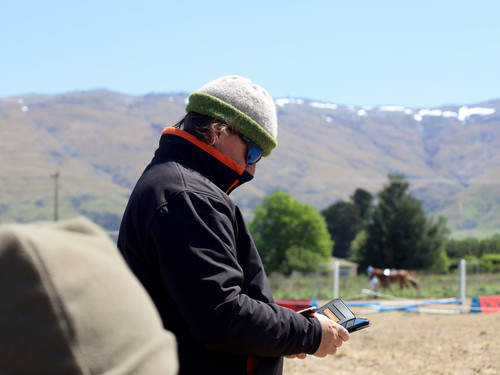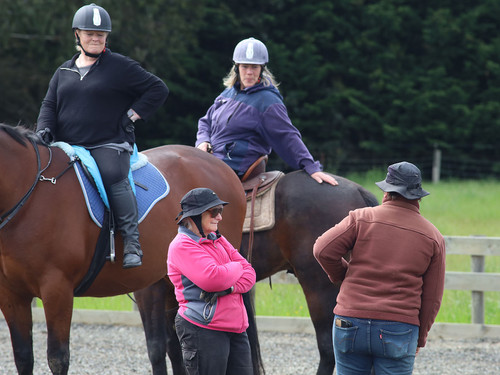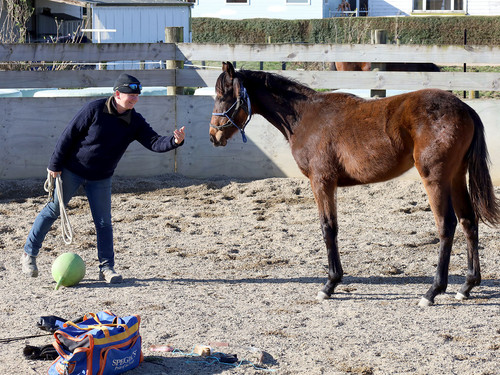Client Services
As well as my regular instructing I organise events and support my clients in a number of different ways. To join the activities and offers that follow, you’ll need to become a client. Why? Because I need to know how you and your horse or pony will behave under certain conditions. This not only protects you but the others in your group as well. Here are a few extra ways I work with my clients:
The Green Horse Group
Formulating Training Programs
Mentoring. Including using text messaging and videos
Providing horse and rider accommodation for out-of-town clients
The Green Horse Group
Horse riding can be a lonely sport. But on the other hand, it can be extremely social, talk about contradictions! Often it can be very lonely when you have a new horse or a green horse or you are a green rider. I use the word ‘green’ here to mean beginner or inexperienced. We have all been there, struggling along by ourselves wishing someone would hear our silent cries for help. This is what the Green Horse Group is all about, a gathering of riders and their mounts, all of whom are in the same situation.
We meet every so often and basically do our own thing, under my watchful eye of course. For example, we have owners who are getting their young horse or pony used to floating and experiencing situations where there are other horses. Some simply walk or trot alongside each other to get their mounts used to being out in company. There is no pressure, and you are not in a competitive situation with the nerves and worry that this entails.
A typical gathering at a local all-weather arena usually lasts for two hours and is organised using a Facebook group. I am present to lend a hand when and if required but each person only pays for an hour’s arena hire, normally fifteen dollars.
Formulating a Training Program
Have you ever written a training program for you and your horse? It was an essential part of my preparation when I was competing. The program covered everything from the horse’s daily exercise and diet, shoeing schedule, lead-up events/competitions, and goals for these outings right up to the event itself. Having the training program made sure we were in peak condition mentally and physically to give ourselves the best possible chance at success. More importantly, it eliminated the procrastination which can often creep in when the weather is bad or the interesting bit of time-wasting gossip on social media.
As an instructor, I have been able to give the process a new twist. It's ideal for parents who are finding it hard to get their teenager off the couch and out to their horse, without having to nag or harass which only makes them dig their heels in even more. My advice is to let them deal with me instead. You can simply step aside and chill out. Recently I’ve worked with a number of riders, and they’ve really seen the benefits of a training program to get their horses ready for the competition season.
Here’s how it works:
Step one is to sit down with the rider, and often a parent who just listens in, to draw up the program.
Step two is where the rider takes over, for the purposes of this exercise I’ll call my teenage rider ‘Maggie’.
Maggie gets home from school and heads out to tack up her horse. Before mounting she sends me a text message saying she is about to head out for a hack and letting me know where this ride will take her. I then acknowledge the message and set Maggie a task. Let’s say Maggie will be walking her horse along a local beach and it will take about an hour. I might then ask her to use a phone to take, for example, a photo of her foot in the stirrup with the sand beneath them or a photo of the horse's ears with the sea in the background, then have Maggie send the photo to me at the completion of the ride. Once the horse is back in the paddock tucking into its evening feed, Maggie sends me the photo and if she wishes, a brief report on how the ride and horse went. I will then talk Maggie over, via text, any issues that may have arisen.
Mentoring. Including the use of text messaging and videos
Modern technology and mobile devices have really changed my life. Nowadays I am always on call for my clients, except for when I’m teaching, working a horse, or, of course, driving. After a day of competing in their chosen discipline, the messages roll in. Sometimes the sender needs a 'there, there', and a bit of reassurance but usually, I get to share their elation at how the day went and admire the photos of their horse or pony adorned with place ribbons. I am even called on to give long-distance advice by critiquing a just completed show jumping round or to quickly give an opinion on a horse that a client is viewing as a prospective purchase.
Owning an animal can be stressful and often the owner just needs a knowledgeable ear to listen to their concerns. With over thirty years of horse ownership under my belt, I’ve seen and experienced many things. From foaling down mares and welcoming the new arrivals, to giving a last pat to an old equine friend before it is put to sleep. In fact, in these difficult situations, I am often asked to stand in for the owner and assist the veterinarian.
Providing horse and rider accommodation for out-of-town clients
Traveling is just part of my job. In the past, I have conducted clinics in Central Otago but nowadays I seldom seem to venture beyond Middlemarch or North Otago. If I thought traveling further from my backyard was daunting, it is nothing when compared to the hours spent transporting horses by the riders from our backcountry areas. This is where I thought I could help. I have a self-contained two-bedroom cottage, for people, and secure loose boxes, for horses, on my property.
Clients who are coming to town for a weekend of lessons with me are welcome to, when they are available, use both sets of accommodation at a minimal cost. Please get in touch to have this arranged.

